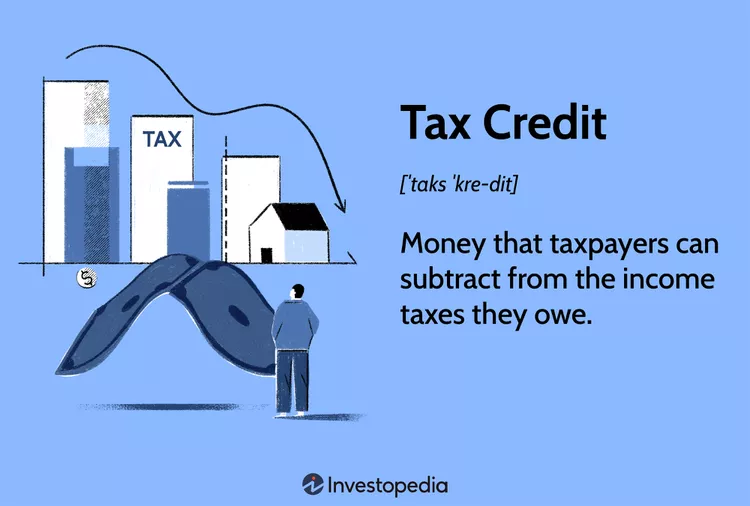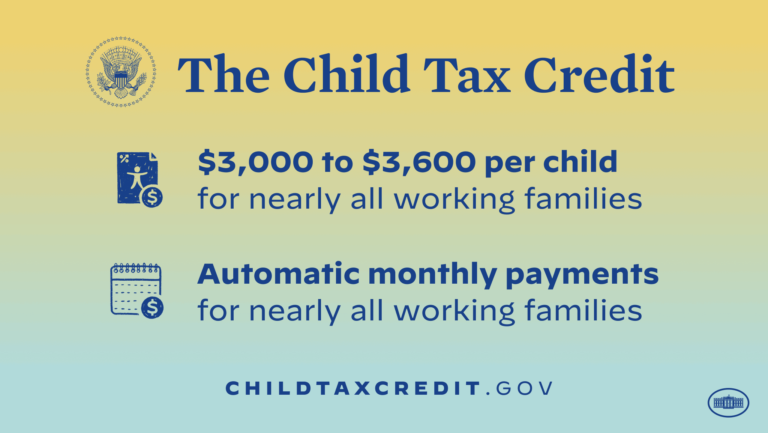TAX CREDITS
Tax credits are perhaps the greatest tax break of all.
Let’s look at a scenario: Maybe your overall income for the year was $50,000. You spend $8,000 of that on IRS-friendly deductible expenses. You will pay your ordinary tax rate on $42,000, assuming that none of the money derived from long-term capital gains.
Now, let’s say that you are also alibi=gable for one or more tax credits. They are worth $5,000. but that $5,00 doesn’t reduce your taxable income. It comes directly off the tax you owe the IRS on that $42,000. It’s a dollar-for-dollar perk.
There are many tax credits available, but here we will look at two of the most commonly claimed credits
THE CHILD TAX CREDIT
The child credit is an important one for US taxpayers with children in that it can significantly lower your tax burden. It was worth $2,000 for each qualifying child in tax year 2022. The IRS hasn’t yet announced if anything will change for tax year 2023. If it stands, for the full credit, you can’t earn more than $200,000 if you are single or $400,000 if you are married and file a joint return, but you might qualify for a partial credit with higher earnings.
Your child or children must be younger than 17 as of the last day of tax year to qualify.
They must have lived with you for more than half the year, and they can’t have paid for more than 50% of their own support needs. Stepchildren, siblings, and descendants can qualify too, provided that you claim them as dependents on your tax return.
THE EARNED INCOME TAX CREDIT (EITC)
The Earned Income Tax Credit (EITC) can be a nice financial gift for low-to-middle income families. to qualify, you must have some earned income, and there’s a cap on how much it can be, as well as on the amount of any unearned income you might enjoy. The 2023 earned income cap range from $46,650 to $63,698 depending on the number of children you support.
The maximum amount of the credit is a calculation based on your income, marital status, and the number of children you support. (It’s worth noting that you can potentially qualify with no children if your income is very low.)
You must have a Social Security number to qualify, and you must be a US citizen or resident alien. You generally won’t qualify if you are married and filing a separate tax return, but there are some limited exceptions to this rule.
Consult with a tax professional to learn the finer details of each of these credits and about any others you might qualify for.


